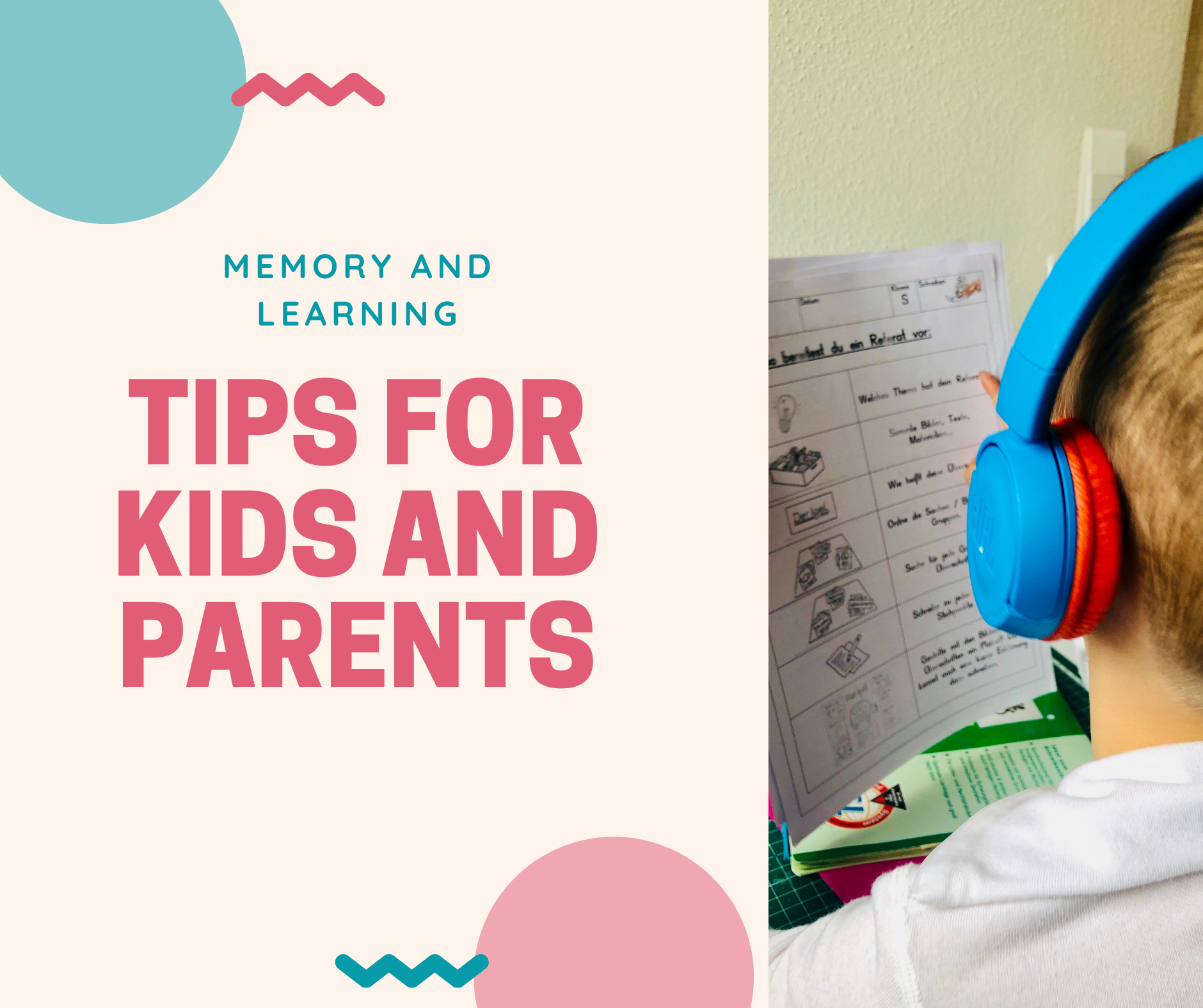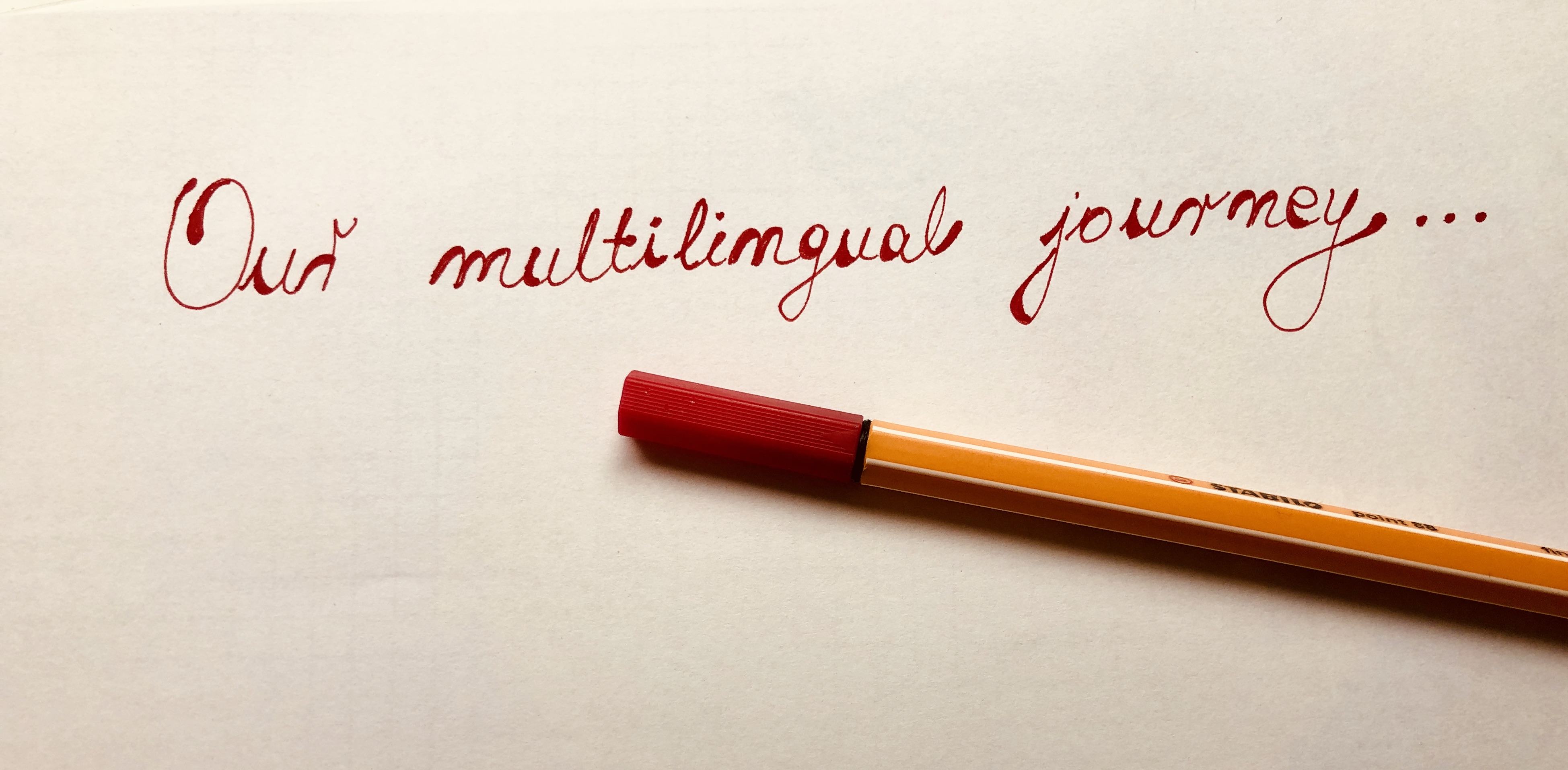Vocabulary Development: What Research Tells Us About Reading
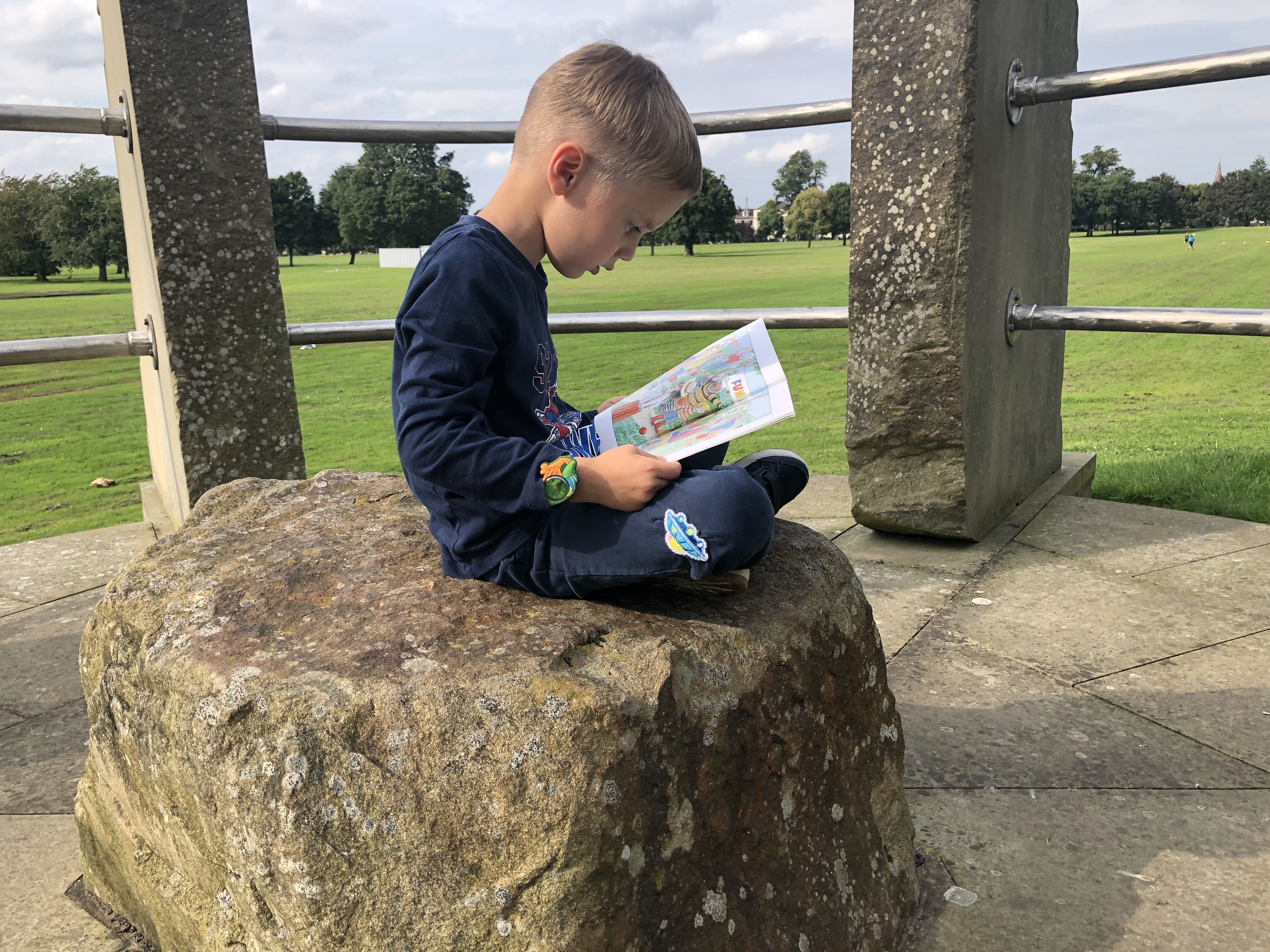
I am a big fan of reading to and with kids. There is something magical in those moments we spend squeezing on our "reading pillows", as my boys call them, and reading. Their eyes sparkling with excitement, thousands of questions popping out, new ideas being born... It's all about bonding and encouraging the love of reading.
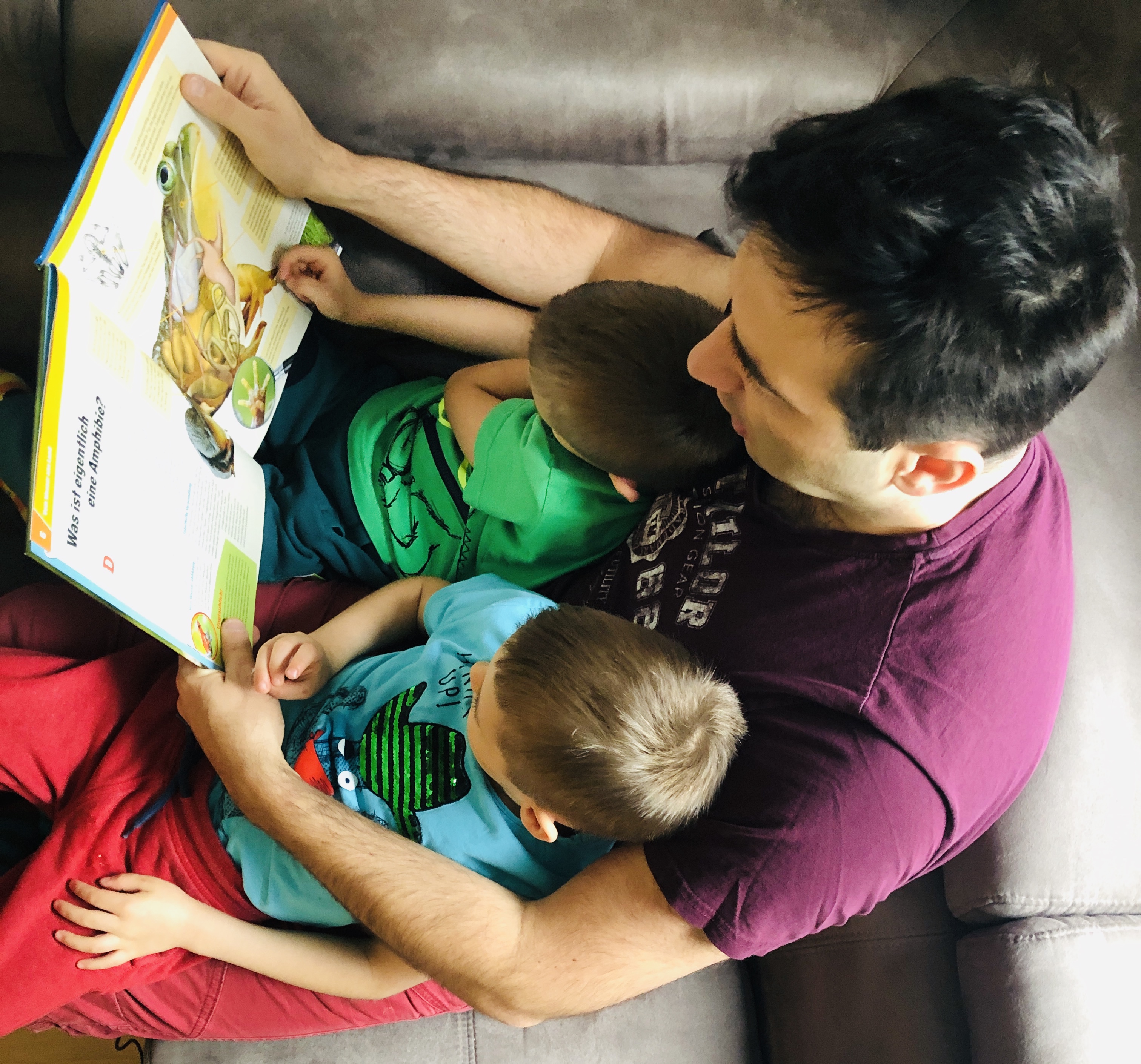
But, there is something more to it. It's the things we don't see directly, but some smart researchers have discovered them. The effects that reading have on us and our brains.
This article describes the importance of reading through numbers and research. Don't worry; even I understand the numbers written here, so, it's not rocket science.
I am pretty sure we all know that reading is one of the key ingredients for healthy development in early childhood (and later in life).
And when you think about this quote -
"The more that you read, the more things you will know. The more that you learn, the more places you'll go." Dr Seuss.
- who wouldn't like for their children to experience that feeling of exotic that books bring into the here-and-now?
There are many benefits of reading, and in this article, we focus on vocabulary building.
Here are a few interesting facts and numbers (1) that support the idea of spending considerable time with your kid and books.
- Storybooks contain 1.72 times more unique words than child-directed speech (2). (Unique words are unusual or uncommon words we don't often hear in our everyday conversations). This means that you are likely to say to your kid that you are very hungry. But, a character in the book might be famished. In an everyday conversation, something could be described as big. In a book, it could be immense, tremendous, or monolithic. And not to mention all those dino-related words...
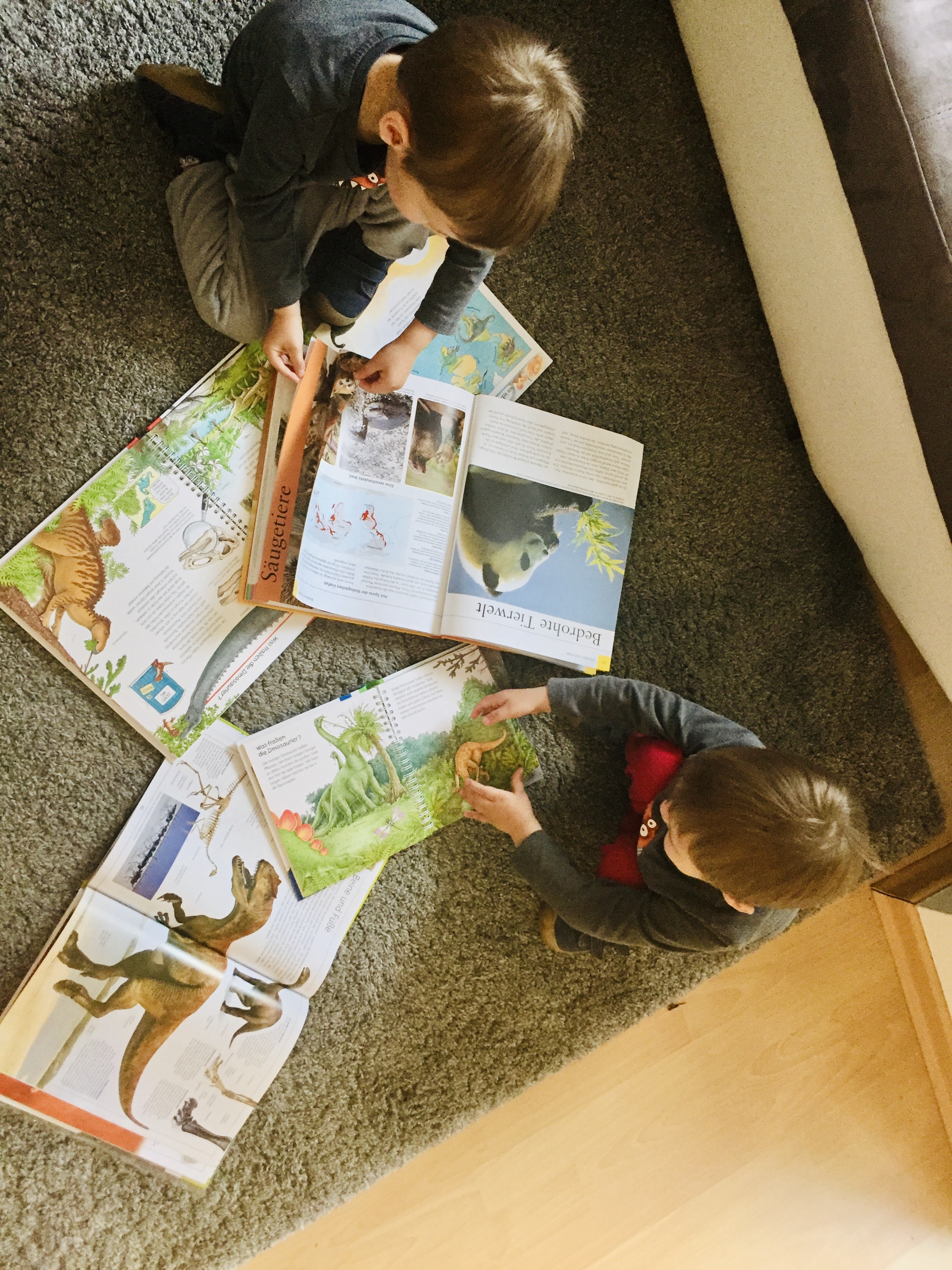
- The language learning data for infants who are regularly read picture books is more diverse than would be indicated from child-directed conversations. In other words, if you read to your kids often, their grandparents might be baffled by the amount of unique words coming out of that little mouth.
- Early language processing abilities are associated with the amount of language children hear. Do you know how children like to listen to you read the same books over and over again? Even though this might be pointless to us adults, it is the way children get to understand words rapidly. In short-children have to hear many words often. This way, they can understand the words faster. And this speed predicts their ability to comprehend language and learn new vocabulary.
- Everyday conversations between parents and young children are likely to be more similar to each other than are the individual books that parents might read to children. As an example, when we were in this nightmare called potty-training, the most common words were toilet-related. However, when we read books about it, we got to learn how some animals do it, different expressions for poop texture and form. And who wouldn't like to learn expressions such as granular-looking, or roughly tube-shaped poop? Or about poop that looks like big fat horse apples?
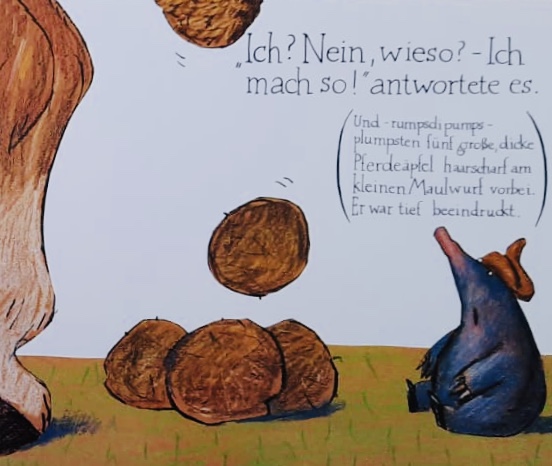
- Conversations are typically limited to here-and-now context, which limits the range of potential topics for conversation.
- Books are not limited to discussion of concrete and present items and events. Yes, there are books about potty-training, but there are books about feelings and emotions, about other worlds and universes, friendships and magic.
- By the age of 5, children who are read 5 books a day are exposed to a cumulative of 1.18 million additional words compared to children who are read only 1 book per day. In comparison to children who are never or seldom read to, children raised in a literacy-rich environment will arrive at kindergarten having heard more than 1.4 million words during book reading.
If you want to find out more about the reading skill, this is an article for you.
Also, don't forget to ask questions while reading. Why? What questions? Read more here.
(1) Articles:
Dickinson, D., Griffith, J., Michnick Golinkoff, R., Hirsh-Pasek, K. (2012). How Reading Books Fosters Language Development around the World. Child Development Research. https://doi.org/10.1155/2012/602807
Logan, J., Justice, L. M., Yumuş, M., & Chaparro-Moreno, L. J. (2019). When Children Are Not Read to at Home: The Million Word Gap. Journal of developmental and behavioral pediatrics: JDBP, 40(5), 383–386. https://doi.org/10.1097/DBP.0000000000000657
Montag, J. L., Jones, M. N., & Smith, L. B. (2015). The Words Children Hear: Picture Books and the Statistics for Language Learning. Psychological science, 26(9), 1489–1496. https://doi.org/10.1177/0956797615594361
(2) This is the number the researchers got in this particular study. A different-sized sample of books or conversations would result in different results.
